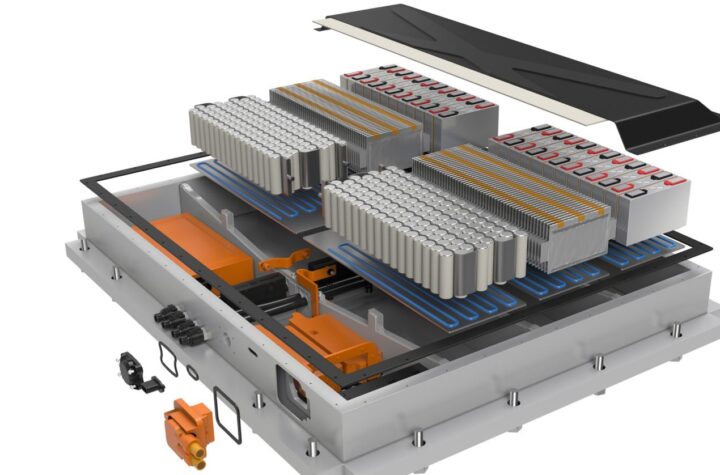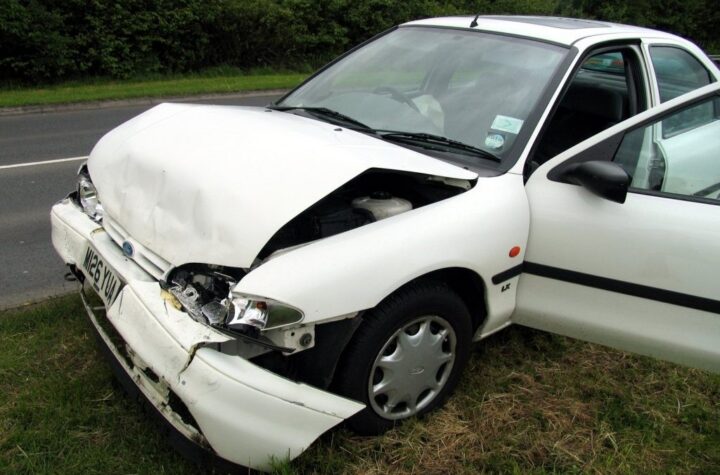
Extensive testing of the thousands of components that are combined to build a vehicle is needed to ensure safety of the occupants, and to protect the brand.
A group which has seen the sophistication and complexity of vehicles increase exponentially over the past 60 years is London-listed Intertek, one of the world’s leading suppliers of quality and safety services, particularly within the automotive industry. Intertek’s automotive testing facilities provide testing services to the automotive, fuel, lubricant and engineering industries. Intertek tests for engine endurance, durability and emissions. It also offers automatic transmission and specialty fluid tests, metrology services, engine deposit and wear characterization services and analytical bench laboratory testing.
Other testing services for the automotive industry include airbag testing, automotive plastics and polymers testing, audio and speaker testing, electrical and electronics testing, electric vehicle battery and components testing, EMC testing for automotive equipment, engine testing and qualification, engine research and development, materials testing, lighting and photometric testing, lubricant and gear oil qualification, vehicle fuel system testing, and management systems auditing and certification.
More recently, the group has introduced systems to measure performance and efficiency within the manufacturing and logistics industry, and is focusing more on increasing the value of client products and brands. It has a worldwide network of over 26,000 employees in 1,000 laboratories, offering analytical testing services ranging from advanced research and development projects to routine quality tests.
Intertek Plastics Technology Laboratories is a one-stop resource for testing and inspection for plastics, elastomers, composites and film materials for every industry and application. Intertek in Pittsfield, Massachusetts was recently awarded the Nadcap accreditation for AC7122/1. The award has opened up new markets for testing non-metallic and class A composite materials for the global aerospace and automotive industries. Intertek is also accredited by A2LA (American Association for Laboratory Accreditation) to ISO/IEC-17025:05, for over 160 tests. Intertek clients include almost all of the Fortune 500 leaders in the plastics industry.
Automotive Industries (AI) spoke to R. James Galipeau, general manager of Intertek PTL and asked him what the Nadcap accreditation means to Intertek.
Galipeau: Nadcap accreditation is all about instilling confidence in Intertek’s product. We offer test data used in specification testing, quality control, and design aspects of composite products. Nadcap accreditation assures customers that Intertek has the competence and expertise to provide test data which has been developed for the stringent requirements of the aerospace, automotive and defense industries as outlined in AC7122/1.
AI: Tell us about how Intertek PTL went about acquiring this accreditation.
Galipeau: We were already ISO 17025 accredited, so we had a solid quality system in place. In order to achieve Nadcap accreditation, Intertek added capabilities to address some of the more stringent requirements for mechanical testing required by composites test methods, such as fixture alignment requirements of ASTM D3039 on tensile testing, amongst others. Once we had the details sorted out, we performed comparison testing to determine how our data compared to others in the industry. When we were satisfied that we were producing comparable data, we scheduled the Nadcap audit.
AI: What is the future of composite materials in the automotive industry and what are the challenges associated with the use of high end materials such as carbon fiber composites?
Galipeau: Composites are an excellent replacement for existing materials because they reduce the overall weight of the vehicle. This reduces energy use and thus reduces the impact of the automobile on the environment.
As the use of composites expands from primarily exterior applications to interior and structural applications, the types of composite materials used will increase. This is critical to the development of electric vehicles and the associated material selection considerations.
The primary issues will be related to manufacturing. Scaling up production from low production markets to high volume consumer markets. This is a particular consideration for labor intensive manufacturing techniques such as those involved with carbon reinforced composites.
AI: What are Intertek’s strengths in automotive battery testing?
Galipeau: Intertek has more than 50 years of experience in evaluating energy storage sources. Through multiple laboratory centers of excellence in North America, Europe and Asia, Intertek provides a global testing solution, from thousands of individual cell test positions to multiple, large format (up to 420kW) electrical vehicle battery cyclers. In addition to testing services, we offer extensive battery advisory services, and keep up to date with the evolving industry requirements by participating in multiple standard development committees, helping to shape the requirements, and ensuring appropriate interpretation and implementation of testing methodologies.
AI: What are the challenges in automotive EMC compliance?
Galipeau: To effectively execute an EMC compliance plan, it is critical that a test plan be assembled that has been documented, reviewed and accepted by all parties. Such a plan provides an effective method to ensure efficient testing processes are followed and defines the key factors that need to be monitored, assessed and reported. This helps to avoid test-method or set-up interpretation concerns, confused test goals or data format issues. A clear plan, with clear goals and proper execution, will present data and information that will allow product designers to pinpoint areas of concern, and offer solutions to correct or enhance the product in order to achieve compliance.
AI: Tell us about the Design Failure Mode and Effects Analysis (DFMEA) tests that Intertek runs – what makes them effective?
Galipeau: Depending on the complexity of the component, product or system being tested, a DFMEA can include hundreds or even thousands of individual tests. Intertek offers thousands of defined test methods and provides extensive engineering services for unique or custom evaluations applicable to a specific design. Intertek will work with the product engineers to assess the applicability of tests identified within the DFMEA and offer suggestions to ensure that efficient and effective tests are conducted. Intertek can also provide customized tests – such as Failure Mode Verification Testing. This testing identifies weaknesses in a design by causing failures, and uses various failure analysis techniques to determine the degree of failure. This provides information that may allow engineers to improve or enhance the product.
AI: In today’s world, what are the automotive quality management requirements?
Galipeau: There continues to be a very strong mandate from the OEMs to ensure that organizations within the supply chain implement and maintain the automotive quality management system requirements of ISO/TS 16949. Currently, there are more than 42,000 TS-certified sites worldwide. Along with TS, the automotive world is also recognizing the value of integrating environmental and safety requirements into one common management system. At Intertek, we offer a unique auditing approach using business tools such as process analysis maps and SWOT reporting, as opposed to the more traditional approach of simply auditing against a checklist.












More Stories
DuPont materials science advances next generation of EV batteries at The Battery Show
How a Truck Driver Can Avoid Mistakes That Lead to Truck Accidents
Car Crash Types Explained: From Rear-End to Head-On Collisions